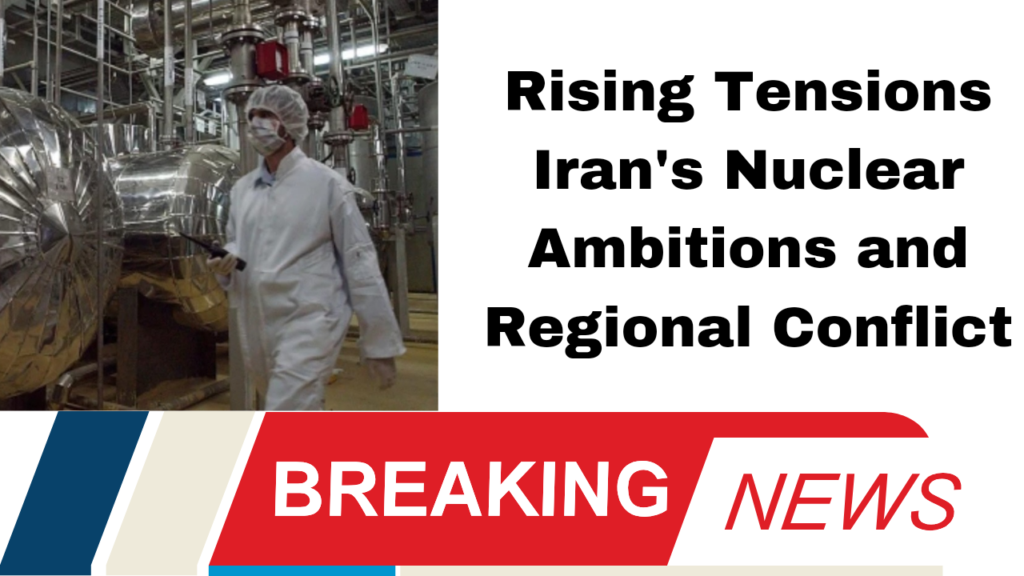In a recent statement, Kamal Kharrazi, an adviser to Iran’s Supreme Leader Ayatollah Ali Khamenei, asserted that Iran possesses the capability to produce nuclear weapons. He emphasized that the nation’s nuclear doctrine could change in response to perceived existential threats. “We have the capability to build weapons and have no issue in this regard,” Kharrazi stated during an interview with Lebanese broadcaster Al Mayadeen.
Kharrazi noted that the only factor currently preventing Iran from pursuing nuclear weapons is a fatwa issued by Khamenei in 2003, which denounced such weapons. However, he hinted that this ruling might be reconsidered if Iran faces significant threats. This declaration underscores the shifting dynamics of Iran’s nuclear strategy amidst escalating tensions with Israel.
In light of these developments, U.S. intelligence agencies have reiterated their concerns. CIA Director William Burns indicated that while there is no evidence of an active decision to develop nuclear weapons, Iran could swiftly acquire the necessary fissile material for an atomic bomb if it chooses to do so. The U.S. State Department has emphasized its commitment to preventing Iran from obtaining nuclear capabilities, stating, “We are prepared to use all elements of national power to ensure that outcome.”
Tensions have escalated further following recent military exchanges between Iran and Israel. Israel conducted multiple airstrikes targeting Iranian military sites after Iran launched missiles at Israel in retaliation for attacks on leaders of Hamas and Hezbollah. Israeli Prime Minister Benjamin Netanyahu asserted that Israel now has “unprecedented freedom of action” to counter Iranian threats.
Amid these hostilities, Kharrazi hinted at potential increases in the range of Iran’s ballistic missiles, responding to what he perceives as the West’s disregard for Iran’s security concerns. “There is a possibility that the range of Iran’s missiles may increase,” he said, signaling a shift in Iran’s approach to its military capabilities.
The 2015 nuclear deal, which aimed to curb Iran’s nuclear ambitions in exchange for sanctions relief, has largely unraveled since the U.S. withdrawal in 2017. Iran has systematically breached the agreement’s restrictions and limited access to international inspectors, raising alarms about its nuclear activities.
As Iran’s rhetoric becomes increasingly aggressive and military exchanges intensify, the potential for a nuclear escalation remains a critical concern for regional and global security. The interplay between Iran’s ambitions, U.S. policy, and Israeli defensive strategies will be pivotal in shaping the future landscape of the Middle East.
Keywords: Iran nuclear weapons, Kharrazi statement, U.S. intelligence, Israel airstrikes, ballistic missile range, nuclear deal, Middle East tensions.











More Stories
Netanyahu Under Fire as Leaked Documents Scandal and Hostage Crisis Deepen
Mount Fuji’s Snowless Peak A Sign of Climate Change and Japan’s Cultural Icon in Crisis
Malik Mumbai’s 15 Crore Monthly Income ‘Haar Meri Jeet Apki Offer’ for WBBL 2024 Your Guaranteed Win or Refund!